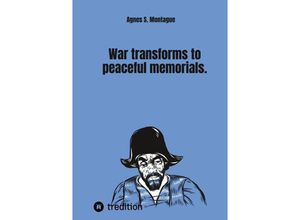
EAN: 9783384198600
Produktdaten aktualisiert am: 11.02.2026
Bilder-Quelle: discount24.de - Sport-Freizeit

Letzte EAN Aktualisierungen:
8809896751506 - Ultra Hybrid Pro - gray - Sa...9781916788725 - Sönmez Burhan Lovers of Fra...
9781408867723 - Smith Patti Bread of Angels...
9781408867730 - Smith Patti Bread of Angels...
9798217154241 - Smith Patti Bread of Angels ...
9781101875124 - Smith Patti Bread of Angels...